Gastroenteritis refers to a gut (intestine) infection where there is diarrhoea (frequent passage of loose or watery stools). The infection is frequently accompanied by vomiting which typically lasts 6 to 24 hours. The diarrhoea usually lasts 2 – 4 days. Occasionally, it may go on for 10 – 14 days. This article answers some common questions that you may have about your child’s vomiting or diarrhoea.
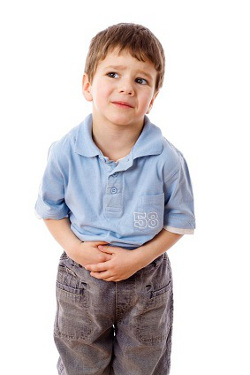
What should you do to care for your child?
Oral rehydration therapy is a way to help your child when he or she has vomiting or diarrhoea.
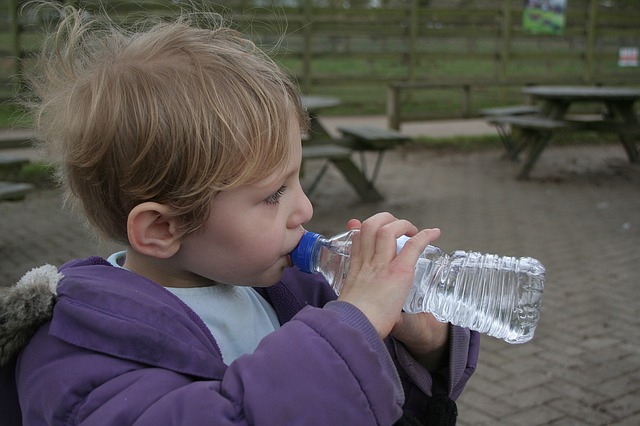
1. Give your child a special liquid called an oral electrolyte solution to prevent serious dehydration.
(Dehydration happens when your child’s body loses water and too many salts.) For the first 6 hours make sure your child gets at least the right amount for his or her age.
What is an oral electrolyte solution?
An oral electrolyte solution is a liquid that has exactly the right amount of water, sugar, and salts.
You can buy this solution in most pharmacies in different forms:
- Drinks, such as Pedialyte, Repalyte or Hydralyte
- A powder that you must mix with water, such as Oral Rehydration Salts
Warning: You must mix the powders exactly as the instructions on the package say. This means you must use measuring spoons and measuring cups to measure the powder and the liquid. Not following these instructions may harm your child.
Below is a guide:
- If your child is less than 6 months old, give 60 to 90 mL (12-18 teaspoons) every hour.
- If your child is 6 months to 2 years old, give 90 to 125 mL (18-25 teaspoons every hour.
- If your child is 2 years or older, give 125 to 250 mL (4-8 ounces) every hour.
- If you are breastfeeding, do not stop. Feed your child for a shorter time and more often. Breast milk is the best liquid for your child.
- If your child is vomiting, use a teaspoon or syringe to give regular sips of the liquid. Give your child 5 mL of liquid, which is 1 teaspoon, every 1 to 5 minutes.
- Do not let your child take a large drink, even if he or she is very thirsty. Large drinks may make your child’s vomiting worse.
- When your child starts to feel better, you can give larger drinks, but less often. Make sure that your child keeps getting at least the amount of liquid he or she needs for his or her age.
- Do not give your child liquids that have lots of sugar, such as apple juice, Kool-Aid, and soft drinks. Sugar will make your child’s diarrhoea worse and the gas in a soft drink can cause bloatedness and tummy discomfort.
Tip: Always start by giving regular small sips of the oral electrolyte solution. This will help your child get used to the salty taste of this drink, which is likely new. This will take time.
2. Feed your child healthy, good foods to help him or her heal
Feeding your child healthy, good food, milk, or formula will help fight your child’s infection. It will also help to heal his or her stomach and intestines and prevent loss of weight. ONLY if your child is vomiting – stop giving him or her food solids for 6 to 12 hours. But do not stop breastfeeding. Breast milk is the best food for your child. If your child has diarrhoea, do not stop feeding your child.
Every 3 to 4 hours, give your child small amounts of food that your child likes. Starchy foods such as bread, cereals, pasta, and rice, and fresh fruits and vegetables are the best foods to give your child. Do not give foods that your child has never eaten just because they are on the list of good foods. Also, avoid food with high sugar or fat content.
Here is a list of the good foods that you should feed your child.
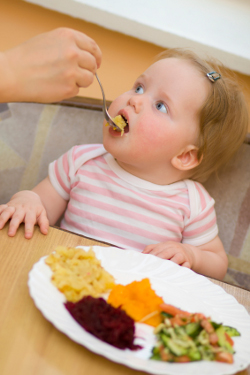
Do feed your child in small quantity:
- Breast milk, regular milk with no water added, or formula
- Starchy foods, such as rice, potatoes, noodles, toast, and crackers
- Cereals, such as rice or wheat cereal, and oatmeal
- Protein, such as boiled or baked meat, fish, and chicken, and soya and eggs
- Vegetables with no added butter
- Fruits not packed in syrup
- Soup
Do not feed your child:
- Grape juice, apple juice, orange juice, soft drinks, or ginger ale
- Ice cream or sherbet
- Sweetened cereals
- Fatty foods such as French fries, hamburgers, and butter
- Spicy foods
Help to lower the chances of your child getting sick.
- Wash your hands after touching raw meat, chicken, or fish.
- Keep meats that are not being eaten or cooked in the refrigerator.
- Do not feed your child meats that are not cooked enough, particularly chicken and hamburger.
- Throw away eggs with cracked shells. Do not feed your child raw eggs.
- Use different cutting boards for raw meats and other foods.
Do not let your child get dehydrated.
- Keep a supply of a special liquid called oral electrolyte solution in your home. Drinking this liquid helps to put back the salts and water into your child’s body when he or she has vomiting or diarrhoea.
Prevent your child’s illness from spreading.
- Keep your child at home until the vomiting and diarrhoea stops.
- Ask all who enter your home to wash their hands after changing diapers or using the toilet.
- After your child vomits.
- Before making and eating food.
- Do not let anyone share eating utensils, such as forks, knives, spoons, and chopsticks, or toothbrushes or drinking cups. If your child puts toys in the mouth, do not let him or her share toys.
Protect your child’s bottom.
- Change your child’s diapers often.
- Wash your child’s bottom with soap. Rinse it with water. Pat it dry or let it dry in the air. Do not use baby wipes.
- Use a cream on your child’s bottom to help stop the diarrhoea from burning the skin.
Remember to take care of yourself!
DO ask your family or friends to watch your child so you can have a little time to yourself. Comforting a sick child can be very tiring. Giving your child liquids, changing diapers, and cleaning up messes when you have had little sleep can make you cranky too!
By Dr Wong Chin Khoon, Paediatrician, SBCC Baby and Child Clinic.
* * * * *
This article was first published in The New Age Parents e-magazine.
If you find this article useful, do click Like and Share at the bottom of the post, thank you.
Want to be heard and seen by over 100,000 parents in Singapore? We can help! Leave your contact here and we’ll be in touch.















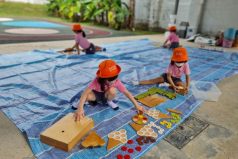





















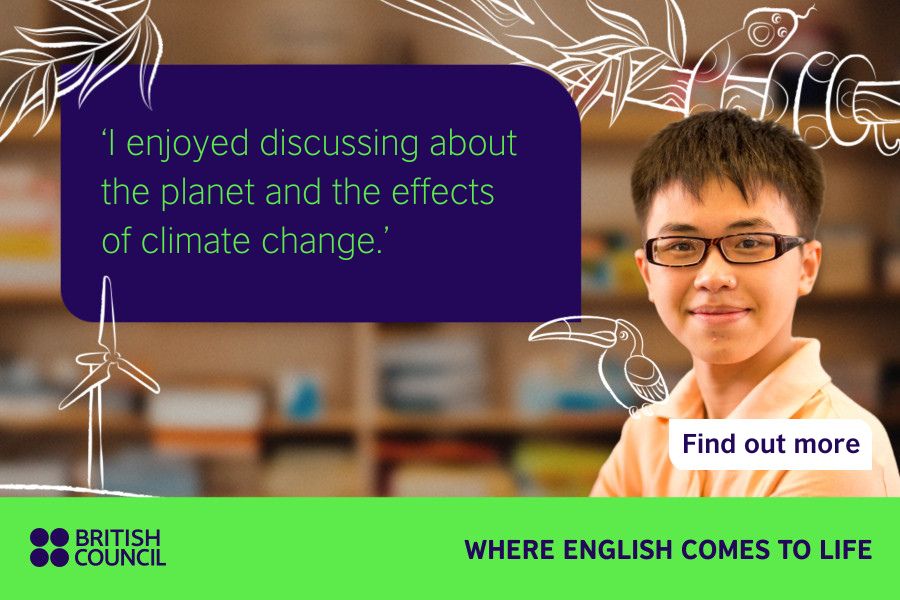



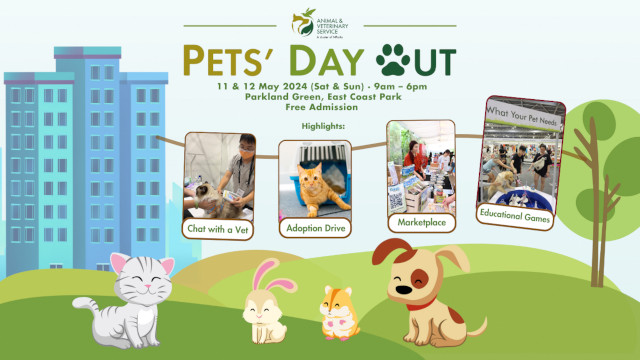







Leave a Comment: